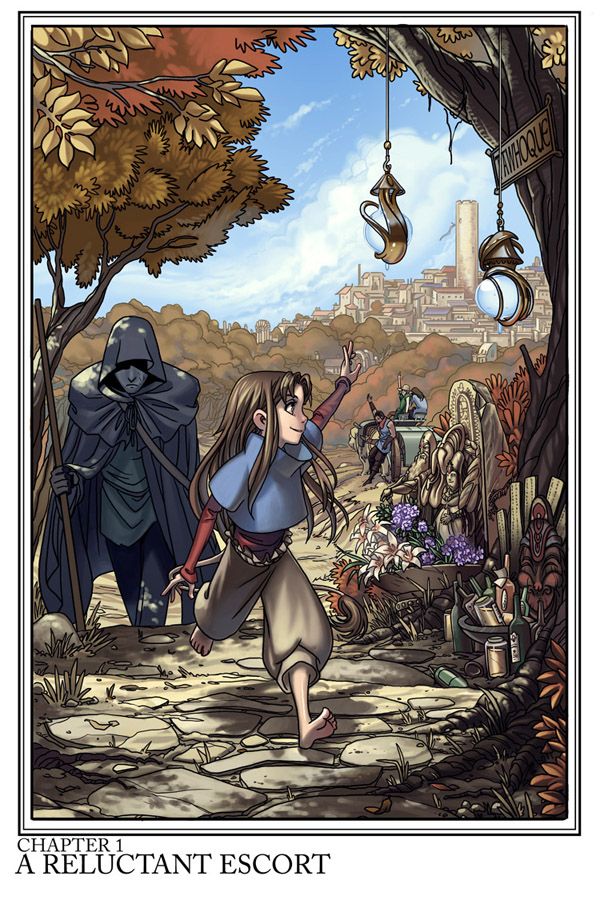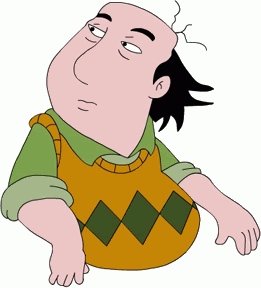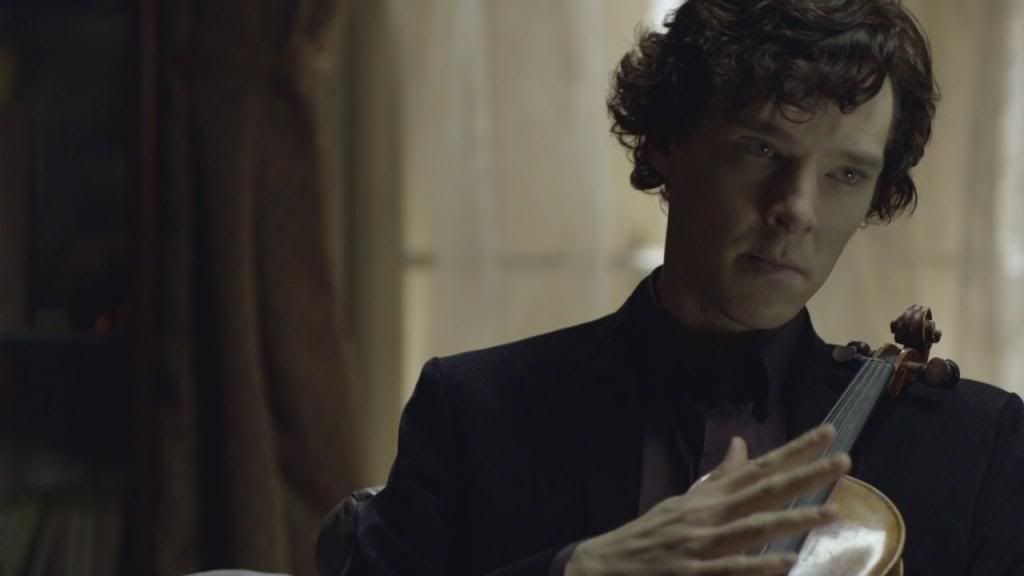
There was a time, in my ignorant youth, when I’d say something is not art. Mostly this was related to modern art, be it the emotional spatters of Jackson Pollack or the austere compositions of Piet Mondrian. These days I know better: it’s possible to make art out of anything. There are stories to tell all over the place, and even in the 21st century, people are still finding new ways to do it.
The proliferation of the Internet has allowed more artists to express themselves and even encounter success in their lifetimes. These days, few artists toil in complete obscurity only to die before any of their works become truly recognized. With a little talent and patience, enough Twitter followers, and a lucky break or two, today’s artist can launch a career with much more ease relative to those earlier days. And the art in question has the freedom to defy old categories and conventions, writing rules of its own.
For years, webcomics seemed to be more like the Internet’s answer to sitcoms than anything else. Even now I would argue that sub-par comics like Ctrl-Alt-Del are the Internet equivalent of The Big Bang Theory. But webcoimcs can and do break away from the joke-of-the-day format. Some replace scathing caricature with breathtaking art, and others look to mix media in ways that just wouldn’t work on the printed page. Last night I was introduced to an example of the former, in the form of Unsounded, the tale of a brash thieving brat and her favorite attack zombie.
It’s more complex than that, of course. Ashley Cope manages to maintain a pretty regular schedule, and her tale not only has a clear narrative drive and truly interesting and complicated characters that grow and change, but she’s involved in extensive world-building and giving us a unique and fascinating look at magic, making it more practical and well-defined than some other works. A great deal of time and research has gone into her world, and atmosphere and history seep from many of this story’s pores. It’s well worth your time to check out.
As for mixed media art works, normally this would mean something is using both paint and sculpture, but on the Internet, you can mix static art, animation, sound, music, and user interaction to create a truly unique experience. I am, of course, talking about Homestuck. As much as Andrew Hussie’s work has inspired a veritable legion of irritating and demanding fanatics, the work itself is bold and experimental. It can be difficult to maintain a narrative through-line for as long as this story has, and while opinions differ on the many and varied characters that weave into and out of the story, the fact that the story is still going somewhere and has something to say before the end makes the long hiatus periods and insufferable antics of misguided fans worthwhile, at least in my opinion.
That’s just two examples of narrative art blossoming on the Internet. I only have so much time, but I would also recommend Lackadaisy, Gunnerkrigg Court, Cucumber Quest, and The Adventures of Dr. McNinja.






